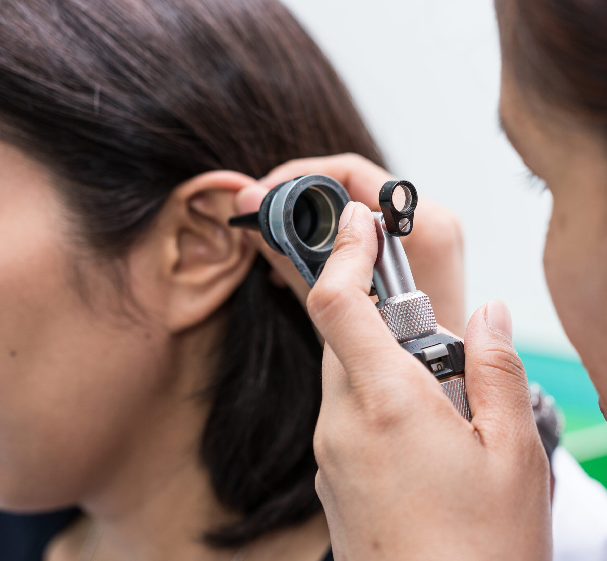Imagine being a child again. Picture the wonder, the curiosity, the…unstoppable urge to stick random objects up your nose. Now, imagine the panic when that little plastic toy isn’t coming out as easily as it went in. This is where an Otolaryngologist comes in, or as you might know, an Ear, Nose, and Throat (ENT) doctor. And yes, the pediatric ent surprise is a real thing. Here’s the lowdown on what they do, why it matters, and a little story to keep things interesting.
The Work of an Otolaryngologist
As an Otolaryngologist, their work goes beyond the pediatric ent. It’s a lot more than simply retrieving foreign objects from tiny nostrils. They look into ears, down throats, and yes, up noses. This includes everything from diagnosing tonsillitis to treating conditions like sleep apnea and vertigo. Also, if you’ve ever needed a hearing test, you’ve probably seen me or one of my colleagues.
The Importance of an Otolaryngologist
You might think you don’t need an ENT doctor until you do. And when you do, you’ll be glad you have one. We don’t just make life more comfortable – in some cases, we save lives. Sleep apnea, for example, is a condition where people stop breathing during their sleep. This can be fatal. An Otolaryngologist can diagnose and treat this condition effectively, improving not just your sleep but your overall health too.
A Glimpse into History
The role of an Otolaryngologist might seem modern, but it’s not. It dates back to the 19th century. It was then that doctors began to understand the interconnectedness of the ear, nose, and throat. This realization gave birth to the discipline of Otolaryngology. Over time, the role of an Otolaryngologist has evolved and expanded with advancements in technology and medicine. However, the core principles remain the same – to diagnose and treat conditions related to the ear, nose, and throat.
Key Takeaways
- An Otolaryngologist is a specialist who diagnoses and treats conditions related to the ear, nose, and throat.
- Our work goes beyond the pediatric ent. We deal with a wide variety of conditions from tonsillitis to sleep apnea.
- The role of an Otolaryngologist is crucial. In certain cases, we can save lives.
- The field of Otolaryngology dates back to the 19th century and continues to evolve with advancements in technology and medicine.

